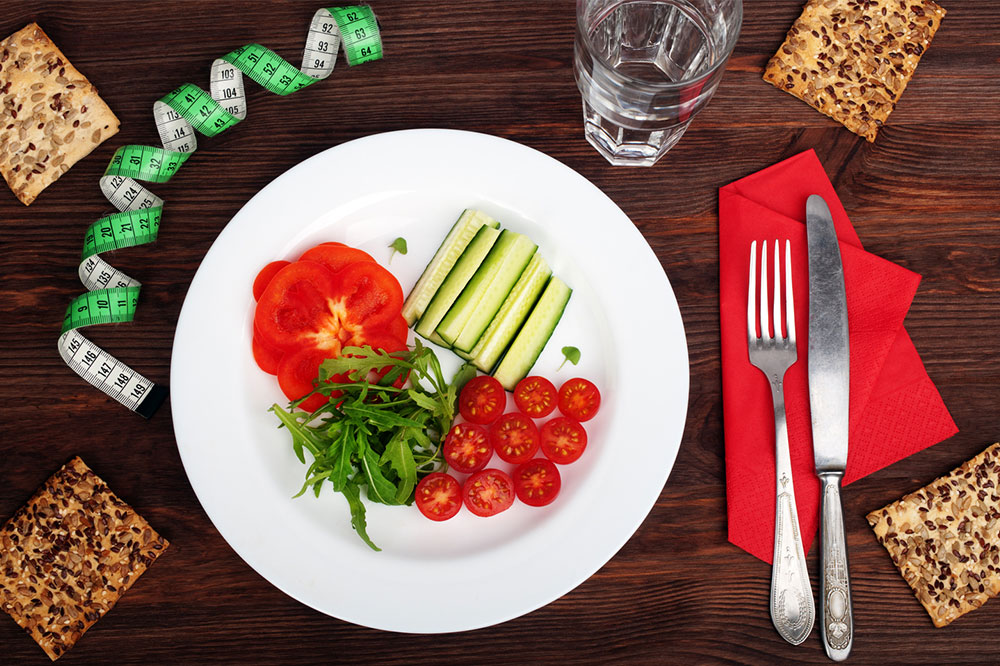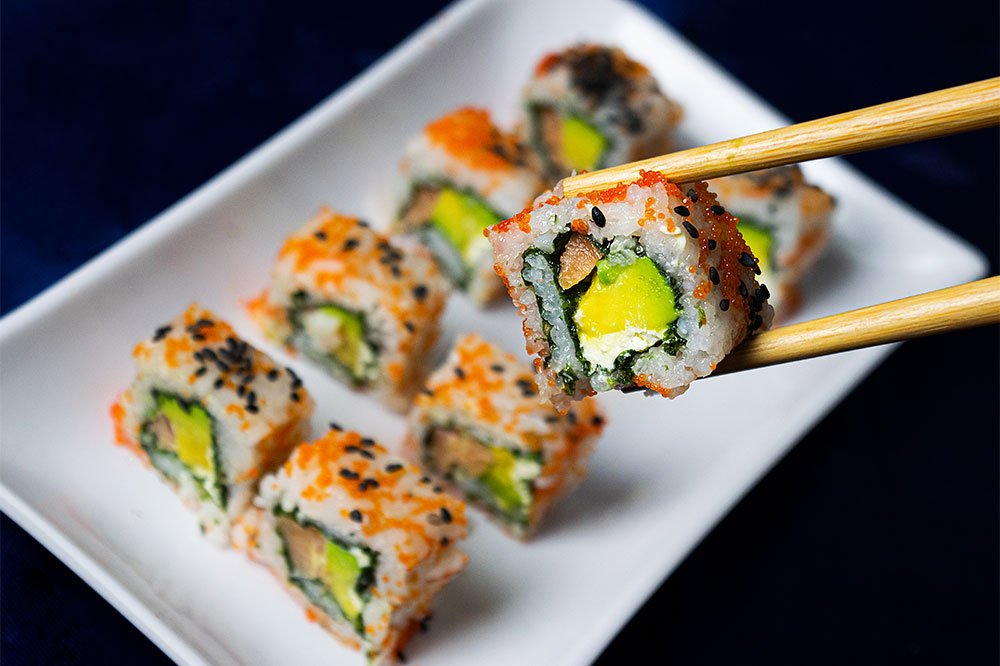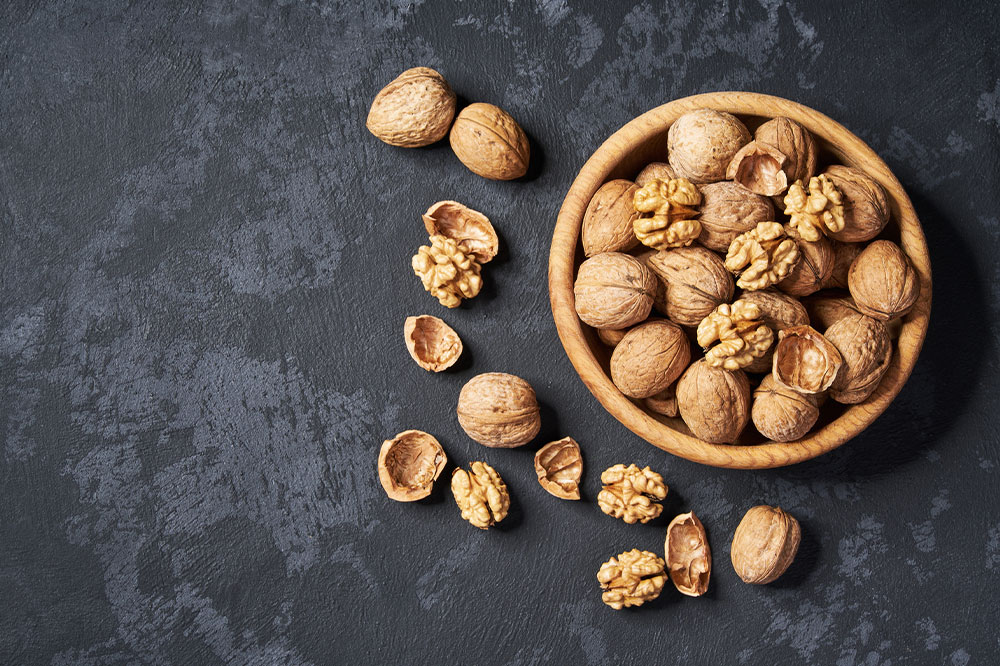Diet Tips for Managing Gastritis: What to Eat and Avoid
This article provides essential dietary tips for managing gastritis, highlighting foods to include such as probiotics, lean proteins, and alkaline options, while advising against spicy, acidic, and fatty foods. Proper diet management helps reduce inflammation, eliminate bacteria, and soothe symptoms. Consulting a healthcare professional for personalized advice is recommended to effectively control and treat gastritis.
Sponsored

Dietary Recommendations for Gastritis Relief
Gastritis is an inflammation of the stomach lining that can cause discomfort and digestive issues. Certain foods can help reduce symptoms and combat bacterial causes, while others may worsen the condition. Consulting a healthcare professional is essential for personalized guidance. Key dietary strategies involve choosing foods that soothe the stomach and avoiding irritants. Below are recommended foods to incorporate and those to steer clear of to manage gastritis effectively.
Foods to Incorporate
Cruciferous Vegetables - Broccoli contains sulforaphane, which has shown antibacterial properties against H. pylori, a common cause of gastritis.
Probiotic-Rich Foods - Yogurt, kefir, and sourdough bread support healthy gut bacteria, promoting digestion and reducing inflammation.
Fiber-Enriched Foods - Apples, carrots, beans, oats, and legumes aid in digestion and alleviate gastritis symptoms.
Garlic - Naturally antibacterial, garlic can help eliminate H. pylori bacteria and reduce inflammation. For sensitive individuals, garlic capsules may be a gentler alternative.
Whole Grains - Choose brown rice and whole wheat bread over refined grains to minimize stomach irritation.
Lean Proteins - Skinless chicken, turkey, and fish like tuna or egg whites are easy to digest and support tissue repair.
Alkaline Foods - Green leafy vegetables, root vegetables, and nuts help neutralize stomach acid and ease symptoms.
Foods to Avoid
Spicy Foods - Peppers, chili powders, jalapenos, and aromatic spices like nutmeg and clove can aggravate stomach irritation.
Alcohol - Alcohol consumption worsens inflammation and damages the stomach lining, so it should be avoided.
Acidic Items - Citrus fruits, coffee, tomatoes, and grain-based foods can increase gastric discomfort in sensitive individuals.
Fried and Fatty Foods - Greasy fast foods and fats impair digestion and are common triggers for gastritis symptoms.
It is beneficial to include gut-friendly, anti-inflammatory foods in your diet. Always consult a healthcare professional before making significant dietary changes to ensure proper management of gastritis.






